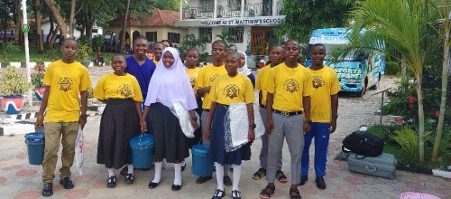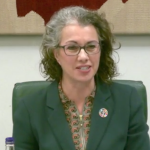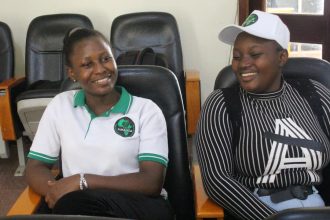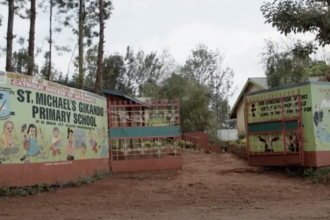Set up by an international group of former graduates of the London Business School, Malaika Kids was never going to be just another orphan charity.

The model needed looking at from bottom to top, and two years were spent researching and defining exactly how this might work best.
The focus from the start was on the vulnerable children handed over to Malaika Kids by the Tanzanian Government’s department for Social Welfare. For these children, who had suffered what for many had been a turbulent and abusive past, the most important starting point was stability. The acceptance that they would have a comfortable place to sleep, to eat and people who would care for them unreservedly. But the ambition was always to give these children every chance to catch up and emerge as confident and productive young adults.
So, the system Malaika Kids devised was to try wherever possible to research and find remaining relatives who would take the child on, in exchange for a regular two weekly support package of food and toiletries, and oversight of their schoolwork and progress.
However, a good many children arrive with no traceable responsible relatives, so for them an entire Children’s Village was designed and constructed on the edge of a town called Mkuranga, about 30 miles south of Dar es Salaam.
This now houses 80 children, loved and cared for by a team of dedicated house mothers and professional staff. On site there is a well-resourced nursery school for the under 6s, a library, computer room and many opportunities for life skills including learning carpentry and electrical installation.
The older children go out to schools in the community, and at secondary level they board as is usual in Tanzania. Opportunities for reading and IT skills in the Village with an emphasis on improving English helps to give these disadvantaged children opportunities which can enable them ultimately to move ahead into good jobs and successful lives.
However, every child is treated as an individual and great care is taken to lead them into the fields in which they are most likely to succeed. In consequence we now have our young people in pharmacy, port administration, social services, IT, tourism and hosts of other employment.
We deliberately do not have a leaving age, but set our young people free when they are ready to go, often by way of a ‘half way house’ we have established in Dar es Salaam, and we encourage them to look at Malaika Kids as their home and family, and hopefully, as they prosper, to help support the next generation of vulnerable children arriving bereft and bewildered at the open gates of our Reception Home.
Learn more: https://malaika-kids.uk/





